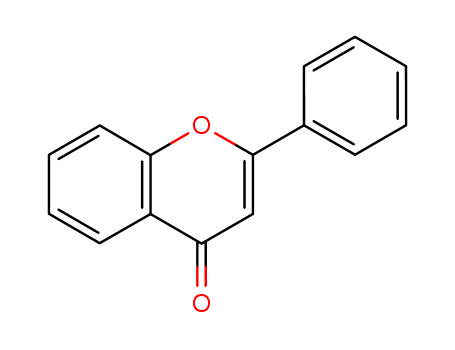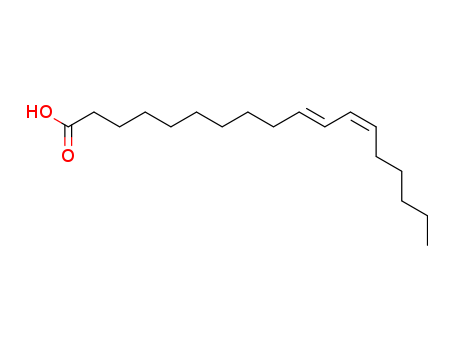Details
Introduction
Common Names--ginkgo, ginkgo biloba, fossil tree, maidenhair tree, Japanese silver apricot, baiguo, bai guo ye, kew tree, yinhsing (yin-hsing)
Latin Name--Ginkgo biloba
What It Is Used For
Ginkgo seeds have been used in traditional Chinese medicine whole medical system that originated in China. It is based on the concept that disease results from disruption in the flow of qi and imbalance in the forces of yin and yang. Practices such as herbs, meditation, massage, and acupuncture seek to aid healing by restoring the yin-yang balance and the flow of qi. for thousands of years, and cooked seeds are occasionally eaten. More recently, ginkgo leaf extract has been used to treat a variety of ailments and conditions, including asthma, bronchitis, fatigue, and tinnitus (ringing in the ears).
Today, people use ginkgo leaf extracts hoping to improve memory; to treat or help prevent Alzheimer's disease and other types of dementia; to decrease intermittent claudication (leg pain caused by narrowing arteries); and to treat sexual dysfunction, multiple sclerosis, tinnitus, and other health conditions.How It Is UsedExtracts are usually taken from the ginkgo leaf and are used to make tablets, capsules, or teas. Occasionally, ginkgo extracts are used in skin products.
What the Science Says
Numerous studies of ginkgo have been done for a variety of conditions. Some promising results have been seen for Alzheimer's disease/dementia, intermittent claudication, and tinnitus among others, but larger, well-designed research studies are needed.
Some smaller studies for memory enhancement have had promising results, but a trial sponsored by the National Institute on Aging of more than 200 healthy adults over age 60 found that ginkgo taken for 6 weeks did not improve memory. NCCAM is conducting a large clinical trial of ginkgo with more than 3,000 volunteers. The aim is to see if the herb prevents the onset of dementia and, specifically, Alzheimer's disease; slows cognitive decline and functional disability (for example, inability to prepare meals); reduces the incidence of cardiovascular disease; and decreases the rate of premature death.
Ginkgo is also being studied by NCCAM for asthma, symptoms of multiple sclerosis, vascular function (intermittent claudication), cognitive decline, sexual dysfunction due to antidepressants, and insulin resistance. NCCAM is also looking at potential interactions between ginkgo and prescription drugs.
Side Effects and Cautions
Side effects of ginkgo may include headache, nausea, gastrointestinal upset, diarrhea, dizziness, or allergic skin reactions. More severe allergic reactions have occasionally been reported.
There are some data to suggest that ginkgo can increase bleeding risk, so people who take anticoagulant drugs, have bleeding disorders, or have scheduled surgery or dental procedures should use caution and talk to a health care provider if using ginkgo.
Uncooked ginkgo seeds contain a chemical known as ginkgotoxin, which can cause seizures. Consuming large quantities of seeds over time can cause death. Ginkgo leaf and ginkgo leaf extracts appear to contain little ginkgotoxin.
It is important to inform your health care providers about any herb or dietary supplement product that contains vitamins, minerals, herbs or other botanicals, amino acids, enzymes, and/or other ingredients intended to supplement the diet. The U.S. Food and Drug
Administration has special labeling requirements for dietary supplements and treats them as foods, not drugs. you are using, including ginkgo. This helps to ensure safe and coordinated care.




